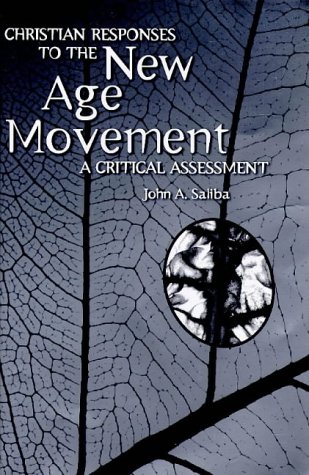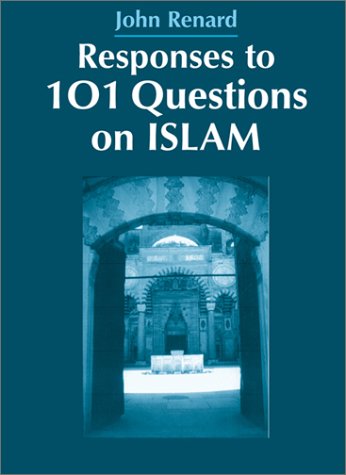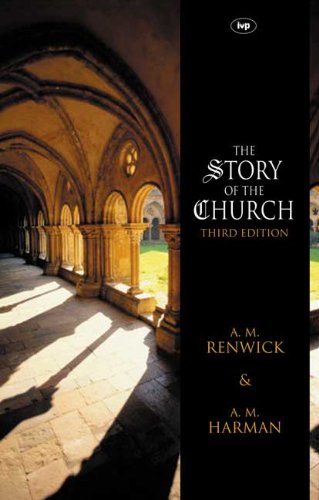Cadences of Home. Preaching among Exiles
Written by Walter Brueggemann Reviewed By Peter AdamI enjoyed reading this stimulating perspective on modern preaching from the prolific Walter Brueggemann. He uses the metaphor of exile as a device to help us understand the social context in which we preach, and though his context is clearly and consciously USA, his comments have broader application. Exile is the metaphor because the church no longer plays a central role in the political, social and cultural life of society, and because the age of white, Western, male, colonialist power structures is over.
He makes imaginative use of the OT in reflecting on the emotions and lives of those in exile. These include a sense of displacement, loss, anger, defiance, the absence of God; the importance of memories, speech and text as the only luggage that may be taken into exile; and the significance of the new song and theological creativity that marked the exiled people of God in Babylon. Brueggemann claims that the kind of preaching that is appropriate in this context is not patriarchal, hierarchical, authoritarian, monologic, flat, or universal, but marked by ambiguity, playfulness, openness, irony, particularity, and contradiction.
What of Brueggemann’s own writing? First he treats the OT as human reflections on life and not also as writings with divine authority. Secondly his notion of exile is a social rather than theological construct, which enables him a too easy parallel between the exiles in Babylon and ourselves, and makes it more likely that he will read modern feelings of exile into those in Babylon, and not take account of the particularities of salvation history. Thirdly, on occasions he rearranges the evidence to suit his argument. He is opposed to the idea that exiles should feel guilt for their sin, so ignores the exilic material (for instance Ezek. 16) which points to the sin of the people of God, and turns instead to Job as an example of one whose suffering is not due to his sin. Fourthly, he is opposed to propositional and universal revelation: yet uses the words ‘Your God reigns’ (52) as the message which brings hope to the exiles. Fifth, he claims that we should focus on the particularities of the text, and not worry about larger references (62) yet uses the larger reference of the promise to Abram to great effect in his analysis of Esau and Jacob (64). Sixth, he decides that the exiles in Babylon will experience the absence of God: and ignores Ezekiel 11:16 where God says ‘I have been a sanctuary to them’. Seventh, he claims that revelation is open, ambiguous and contradictory: yet his own view of God is definitive; ‘always present, but distressingly absent; all knowing, but sometimes wondering …; all powerful, but clearly not master of the evil that is still loose among us’ (76). Eighth, he points to the cultural relativity of ideologies that are marked by certainty, such as Catholicism, Enlightenment Liberal Christianity, and Fundamentalism: yet he does not. appear to recognise that his postmodern response to the Bible and view of preaching is also culturally determined, and yet another example of Western imperialism.
However, there are many good things in this book. It is very helpful to be encouraged to think of world-view as a context for reflection on preaching. He is right to point to the powerful impact of helping people imagine a different world through preaching. Propositional preaching does not work well when we are preaching Proverbs or Job. His analysis of the human condition is always insightful, and his comments on passages of Scripture help them come alive. We must pay attention to the issues that he raises, even if we do not always follow his remedy. Like all Brueggemann’s writings, this book deserves careful, critical and generous readers.
Peter Adam
Peter Adam
St. Jude’s Carlton
Melbourne, Victoria, Australia







